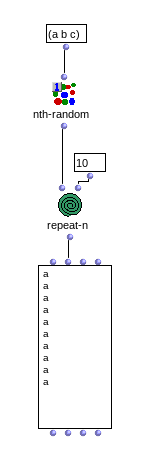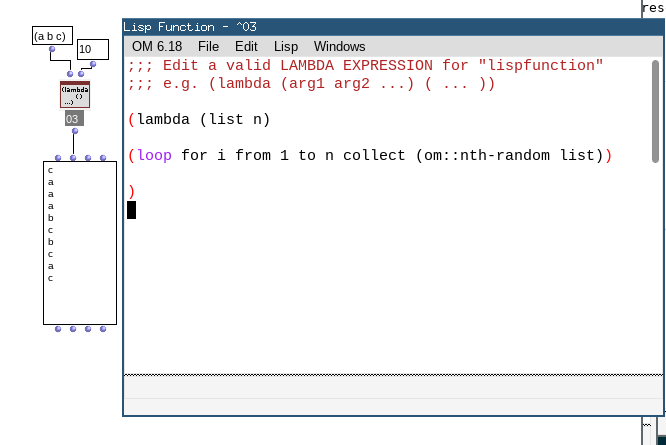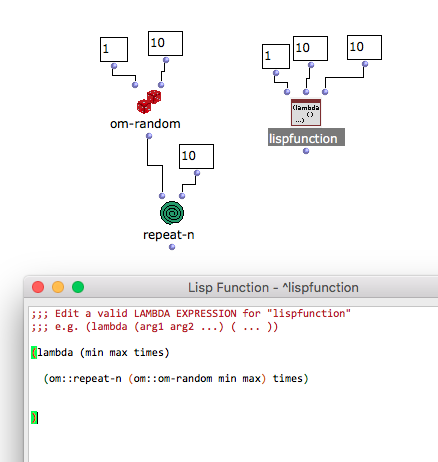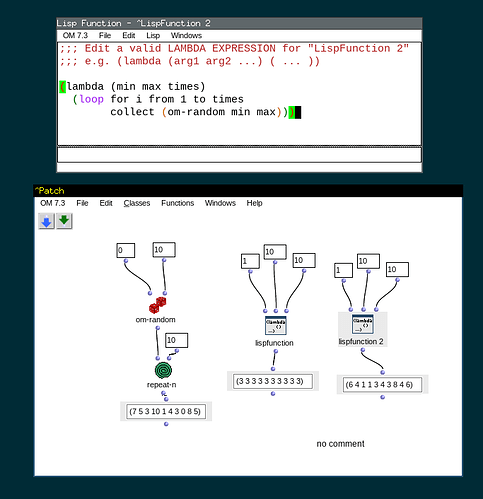Hi,
I enclose a patch, I have a different result in using nth-random as function or inside code.
I don’t understand if I am having some mistake, because the result in code 01 is not what I would expect. I have resolved as in code 02, but I am interested to know if I am in error with code 01 or there is something else wrong.
nth-random.omp (5.0 KB)
Thank you in advance for help.
Best
fdsdb




